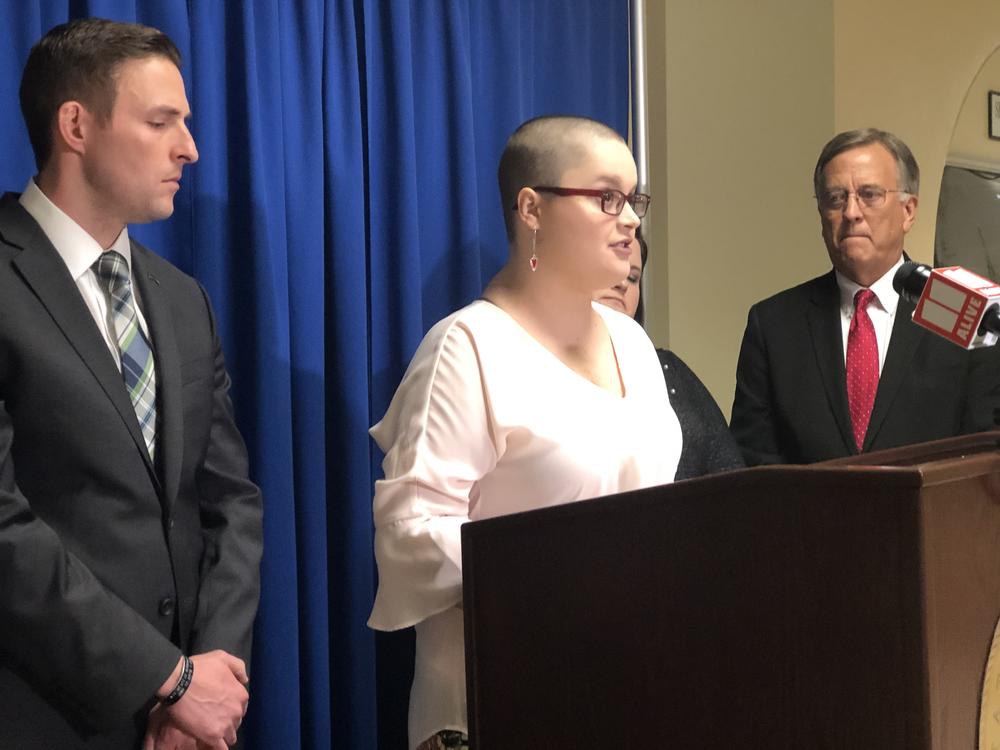Section Branding
Header Content
Ralston Case Back In The Spotlight With Push To End Court Delays
Primary Content
In 2012, Hailie Massey was raped in her home by a 33-year-old traveling evangelist while her parents slept. She was 14 years old.
Even though her attacker was arrested and charged in 2013, his trial was continuously delayed because of the legislative commitments of his attorney, Georgia House Speaker David Ralston. Under Georgia’s “legislative leave” law at the time, state legislators could request a delay in court proceedings if their own legislative duties meant they had a scheduling conflict.
The Georgia General Assembly amended the legislative leave law in 2019 after a media investigation revealed that Massey’s case in Union County was delayed for more than six years while Ralston requested multiple delays for legislative work.
A firestorm of criticism followed, including from some in Ralston’s own Republican caucus, and H.B. 502 was passed to give judges the authority to deny legislative leave for state lawmakers at their discretion.
But at a state Capitol press conference Thursday, many of the same Ralston critics introduced an amendment to close what they called a loophole in the new law that still leaves room for delays, even in the most egregious cases. The amendment would stipulate that no legislative leave can apply if the allegations involve sexual or violent crimes.
RELATED:
- Georgia House Speaker Accused of Delaying Court For Clients
- Political Rewind: Ralston Responds to New Allegations
- House Speaker: Bipartisan Group Will Examine 'Legislative Leave' Law
The amendment’s sponsor, Rep. Jeff Jones, said it is meant to close “an egregious hole” in the Georgia law and go one step further than the law passed last year.
“This protects our most vulnerable citizens and victims and recognizes that there is something more important than the legislative duties and obligations we are here to represent,” Jones said.
He and the other lawmakers said their renewed effort this year is not about Ralston or any specific legislator, but about victims and the pain that compounds as their court dates are postponed, in cases like Massey’s, over and over.
Seven years after the rape, the defendant in the case negotiated a plea agreement in that kept him out of jail, due in large part to the age of the case. Massey told GPB, “justice that never came.” She said she agreed to the settlement because she could not face more delays.
“I was just mentally exhausted. I was done,” she said. “This was hanging over my life for so long and I just wanted to be rid of it.”
Her mother, Laurie Wilson, said her daughter’s ordeal only got worse as time went on.
“Almost seven years to wait,” she said. “That wasn't fair. It wasn't timely. It wasn't constitutional. It wasn't acceptable.”
In a statement to GPB, Ralston’s office referred back to the law that passed last year “following the recommendations from a bipartisan panel of prosecutors, judges, former legislator’s and victims advocates.”
Massey’s family was not among those consulted.

